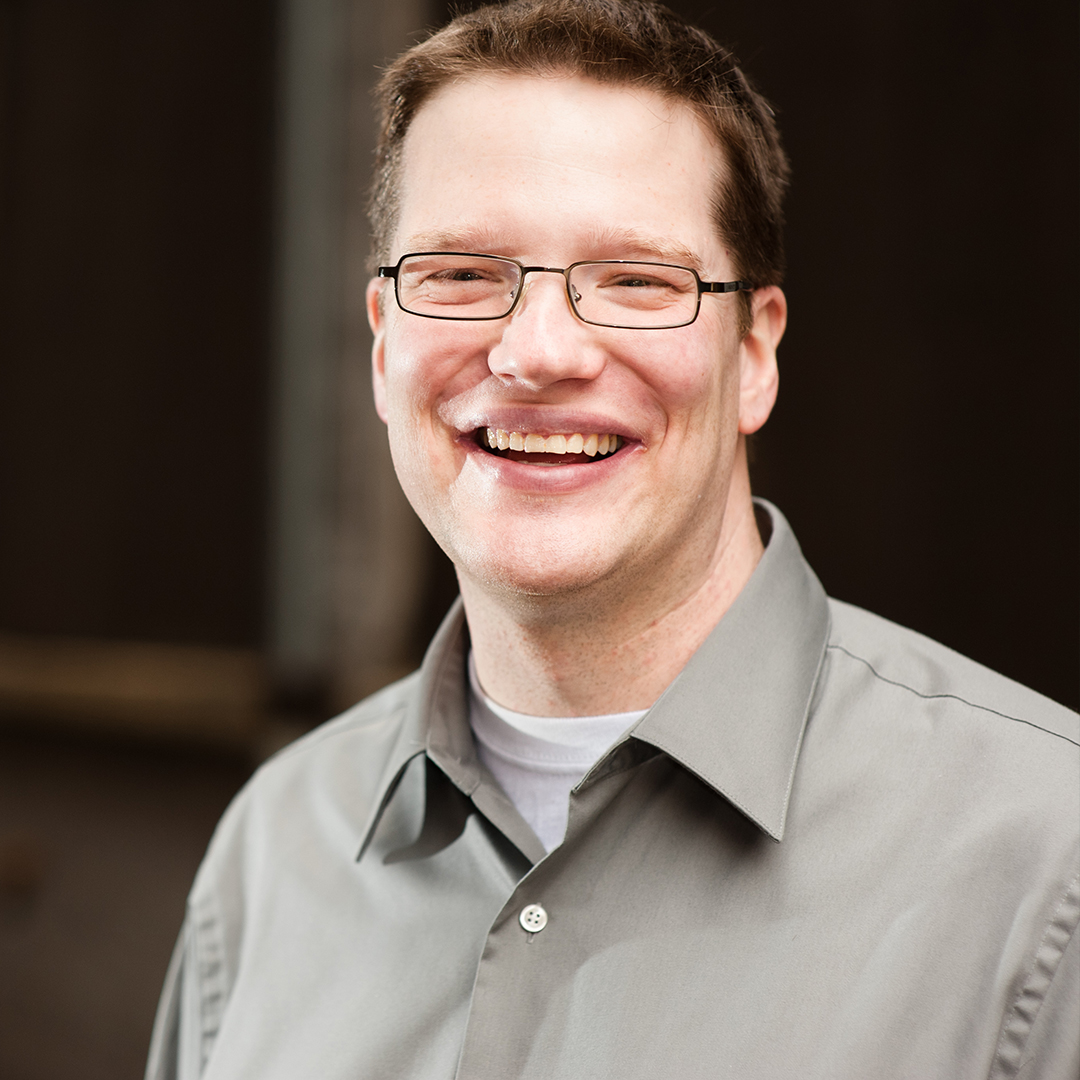
Jeff Finley
By Jeff Finley
Kevin Mannoia has served the Free Methodist Church USA as a pastor, superintendent and bishop, and he currently serves as the pastoral coach for the Free Methodist Church in Southern California. He has partnered across denominational lines while serving as the president of the National Association of Evangelicals and as the founder of the Wesleyan Holiness Connection.
He has also spent considerable time on college and university campuses — including his years as a Roberts Wesleyan University undergraduate student; in master’s and doctoral programs; as a professor of ministry, dean of theology, and chaplain at Azusa Pacific University; and as a board member of Seattle Pacific and Roberts Wesleyan universities. Along with continuing to serve on Roberts Wesleyan’s Board of Trustees, he is now the president of the International Council for Higher Education, an international accrediting agency and network of Christian colleges and universities in restricted parts of the world.
_
“My motivation for encouraging folks to engage is much more out of a missional hope and vision for the future in advancing the work of God in the world.” – Kevin Mannoia
_
In this season of Thanksgiving (Nov. 23) and Giving Tuesday (Nov. 28), Light + Life asked Mannoia about reasons people should give their money and time to higher education that integrates faith and learning.
“Let’s support these places who have chosen to say, ‘We are going to engage in advancing the work of God in the world through developing a Christian perspective on truth and life in a holistic, integrated way to a young, upcoming generation,’” said the former bishop, who highlighted the positive attributes of Christian colleges and universities rather than attacking their secular counterparts or offering fear-based incentives to give.
_
“We are forming their lives at a fundamental level of not only their thinking but their being as well.” – Kevin Mannoia
_
“It’s very easy for people to approach their support of Christian higher education from a militaristic perspective, to say, ‘If we don’t keep our colleges alive, then secularism is going to invade the world, and then we’re all going to go to hell in a handbasket,’ and I don’t believe that for a minute,” Mannoia said. “My motivation for encouraging folks to engage is much more out of a missional hope and vision for the future in advancing the work of God in the world. These are places that we give permission for people —highly trained professional academicians — to live out their faith and model an integrated life for young people who are being molded and shaped with that approach and that worldview.”
Formation, Not Indoctrination
Some people link education to indoctrination, but Mannoia said, “That’s not what we do in Christian higher education, especially in the Wesleyan Holiness stream. We’re not there to indoctrinate them, because that makes little tin soldiers out of them, and that’s not what we’re about. We are forming their lives at a fundamental level of not only their thinking but their being as well.”
Instead of creating indoctrinated clones, he sees Christian higher education resulting in “integrated holistic ambassadors of the mission of God in the world, reconciling all things, integrating circumstances and thinking, so this is a very missional thing that I believe we support.”
He noted that “in 25 years and 50 years, circumstances may look very different than they look today, but I have the confidence that there will be people with a mindset and a disposition that have been formed in that integrated way with faith informing all that they do and all that they think, such that they will be creative enough to find ways to continue to advance the mission.”
Expressing Life
Mannoia provides more of his perspective on Christian higher education in his new book, “Expressing Life: A Primer on Integrating Faith and Learning.”
_
“They would be excited about being partners with God in this mission of advancing God’s work through the transformation of minds.” – Kevin Mannoia
_
“My hope for this book would be that faculty members, administrators, board members, supporting church pastors, and people who support higher education would pick this little book up and, when they’re done reading it, they would be inspired,” he said. “They would be motivated. They would be excited about being partners with God in this mission of advancing God’s work through the transformation of minds.”
He emphasized that “Expressing Life” is “not intended to be an academic book. It’s a primer. … You don’t have to have a Ph.D. to read this book, and you don’t have to be a theologian. This is written to be very accessible.”
A Global Resource
The book originated because of Mannoia’s international efforts to support Christian educators on other continents.
“I’ve been coaching a large university in Central Brazil, and I’ve been working with various other universities around the world. My life tends to be involved in church development — pastors’ conferences, pastoral leadership formation — but also in higher education,” said Mannoia, who grew up in Brazil as the son of missionary parents. “The Evangelical University of Goiás wanted me to help them anchor themselves in a Christian identity. As many schools internationally, they were started back in the 1950s.”
_
“They started really getting the idea of integrating faith and learning as the foundation for Christian higher education.” – Kevin Mannoia
_
The university had formed as an interdenominational partnership of Baptists, Methodists and Presbyterians, but the educational emphasis shifted long ago to meeting the Brazilian government’s educational requirements. The Goiás board decided eight years ago to reclaim the university’s Christian commitment. The board members and university president visited the United States and toured Christian universities in California including Azusa Pacific where Mannoia served at the time as the university chaplain.
“For the last five years, I’ve been going there to coach them and to do faculty training. They have about 800 full-time professors, about 16,000 students,” said Mannoia who, every four to six months, led training retreats for 50 Goiás faculty members at a time. “They started really getting the idea of integrating faith and learning as the foundation for Christian higher education.”
With his guidance, the university staff members began leading their own trainings.
“In the last year and a half, I challenged them to have to step up in the nation and in the continent as the referent for Christian higher education among all faith-based schools in Brazil and all faith-based schools in Latin America,” said Mannoia, who challenged the faculty members to write a book together and to host a conference on integrating faith and learning.
That conference was held a few weeks ago with more than 300 faculty members from multiple universities in Brazil and from other countries such as Bolivia. Participants are now working with Mannoia on a document to create an association of Christian institutions of higher learning in Latin America. Before the conference, organizers asked Mannoia to write a book for distribution there.
“I told them, ‘My Portuguese is not strong enough for me to write in Portuguese, so I’ll write it in English, and you translate it,” he said. “After I got pretty much through the manuscript in March of this year, others here [in the United States] began to express interest in that material, so I said OK and agreed to publish it in English.”
In Latin America, Asia, Africa and Europe, “many of these universities that started as Christian universities have drifted because of their loyalty to being governmentally accredited,” Mannoia said. “In the United States, the storyline was rather different. In the United States, higher education began much like it did in the Free Methodist Church where B.T. Roberts said, ‘I want to have a seminary in North Chili [New York]’ and started a seminary to raise pastors, but very quickly it turned into a work college where they were working the farms, and then he began to broaden his philosophy to include liberal arts: Let’s make good citizens, not just good pastors.”
After founding what is now Roberts Wesleyan University and Northeastern Seminary, Roberts heard from Free Methodists in Seattle who desired to start a college (now Seattle Pacific University).
“His one injunction to them was: Make sure that you build a college that will compete with the best secular schools in the area,” said Mannoia, who added that the liberal arts became “a big issue here and very endemic to the Free Methodist founding of all of our schools and many others in other denominations as well. That’s progressed to the point where Christian universities in the United States enjoy a freedom that very few countries have.”
Differences in accreditation allow greater freedom for the colleges and universities that are part of the Association of Free Methodist Educational Institutions (AFMEI) along with other U.S. educational institutions.
“We have peer accreditation. We have regional accreditation, but it’s not governmentally controlled,” Mannoia said. “We can have a Christian university like Roberts, Greenville and Spring Arbor.”
Whole and Integrated
He said the 1970s were a time when Christian colleges and universities especially focused on integrating faith and learning. The 1975 book “The Idea of a Christian College” by Arthur F. Holmes became particularly influential.
_
“If I am a deeply formed Christian academician, when I go and start sweating in my work, I am going to sweat my faith through my discipline.” – Kevin Mannoia
_
“The sad part in my book is that in the late 90s, the Christian higher education movement in the U.S. began to think of it differently — even to the point of changing the name from ‘the integration of faith and learning’ to what now many call ‘faith integration,’ and that becomes a discipline all its own. So now you can earn a master’s degree in faith integration,” he said. “What I’m attempting to do in this book is to return us to a more holistic understanding that integrating faith and learning is nothing more than living your life through your vocation.”
This emphasis relates to the title of “Expressing Life.”
“If Christ is in you and your faith is in Christ, then that will leak out of your pores when you sweat as you work. What’s in us comes out of us when we work, and if higher education is our vocation, then our nature will naturally express itself through our vocational work,” he said. “When I’m talking about ‘expressing life,’ I’m talking about sweating. … If I am a deeply formed Christian academician, when I go and start sweating in my work, I am going to sweat my faith through my discipline.”
Faith shouldn’t be limited in higher education to theological studies.
“This primer is helping faculty and schools get away from the idea that you have to approach integration of faith and learning academically … or that you have to be an expert in theology and your discipline in order to academically integrate them,” he said. “We are reintegrating what has become compartmentalized in the nature of the academy. We are reintegrating truth as whole and integrated.”
Creation resulted in a wholly integrated world, but that changed when sin entered the world.
“Because of the fall, we have compartmentalized everything,” he said. “Integrating faith and learning is an attempt to bring these things back into integration to discover the wholeness in which God has created all things, and that is reconciliation.”
Click here to order “Expressing Life: A Primer on Integrating Faith and Learning.”
+
_









